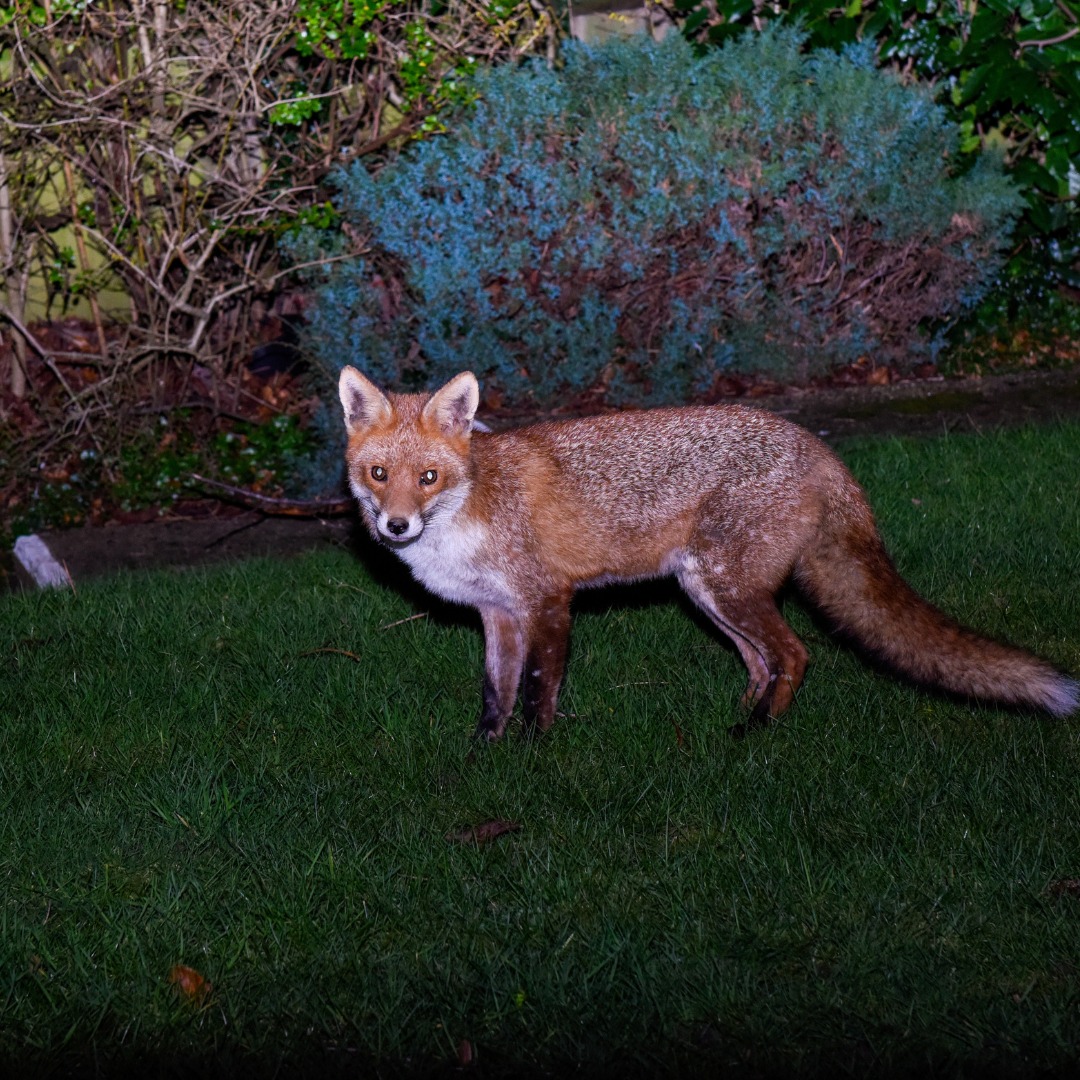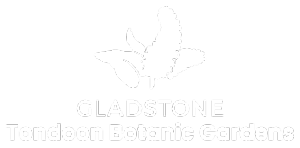Living Here
Fox Tail Bounty Trial to protect local wildlife

Gladstone Regional Council is calling on landholders and residents to take part in the Invasive Fox Control Program to reduce the region’s fox population and protect vulnerable native wildlife.
As part of the Council’s broader pest management strategy, the Invasive Fox Control Program will run for six months or until funding runs out, offering a $15 bounty for each fox tail submitted.
European Red Foxes (Vulpes vulpes) were introduced into Australia in the mid-19th century and are a serious threat to the Gladstone Region’s native wildlife, particularly ground-nesting birds, turtles and small mammals.
The European red fox is considered a restricted invasive animal and an aggressive pest in Queensland under the Biosecurity Act 2014.
It is listed as a category 3, 4, 5, and 6 restricted matter, meaning it must not be moved, kept, fed, given away, sold, or released into the environment.
Gladstone Region Councillor Glenn Churchill said this targeted program aims to encourage responsible community involvement towards invasive species control while supporting the health of our natural environment.
“We are asking residents to play their active part in protecting our ecosystem,” Cr Churchill said.
“By participating in the program, locals can help reduce the impact of foxes and be rewarded for their efforts.”
The growing presence of the invasive red fox has contributed to the decline, and in some cases, extinction of native species.
How to Participate
- Foxes must be collected within the Gladstone Region
- Report sightings using Feral Scan
- Download and complete an Invasive Animal Payment Form prior to submission.
- Contact Council on (07) 4970 0700 to arrange an appointment before submitting a tail.
Bounty Submission Requirements
- Only the tail of the Fox is required
- Tails must be dried or salted and placed in a plastic or hessian bag
- Loose, old, moth-eaten, or unbagged tails will not be accepted.
Visit www.gladstone.qld.gov.au/feral-animals-1 or call 4970 0700 for more information about the program.
Download this media release (PDF)
See Also








